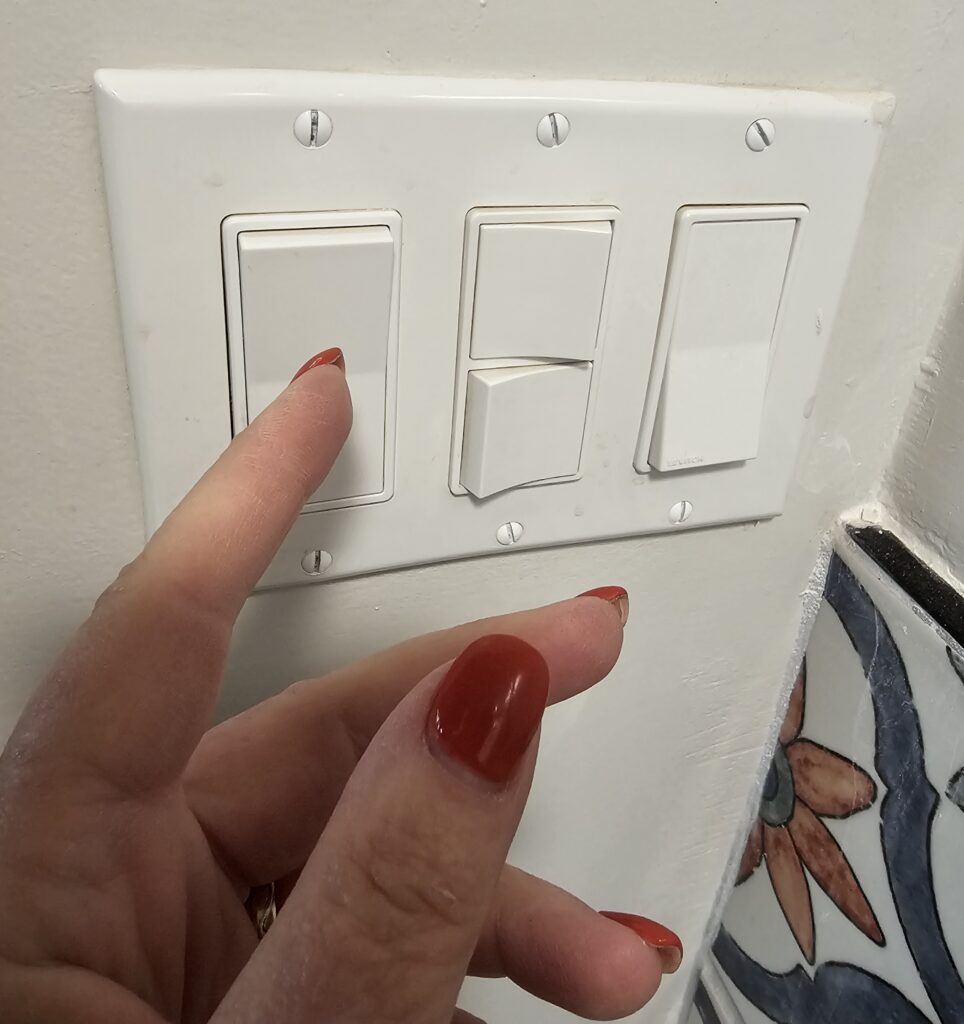This is a post about asking that begins, for the sake of analogy, with a seemingly unrelated topic: Crosswalks (bear with me!). Imagine you’re walking in a crosswalk. At the halfway point, you see a driver waiting for you to cross so they can turn. Even though you have the right of way, are you more likely to continue leisurely across … or to hurry along so the driver can be on their way?
If you hurry along (which I suspect most of us do), are you doing so purely as an accommodating gesture? Or could there be a bit of “small me” thinking in play? Might a part of you feel less important, crossing there, than the person sitting in the large steel contraption?
Making simple, reasonable requests can sometimes feel like hurrying through a crosswalk when we have the right of way. Both situations may trigger similar thoughts: a tension between feeling entitled (to cross or ask) and a fear that asking will invite conflict or judgement, as if we’ve crossed the line.
About a year ago, my friend Gail Trotter told me about an ask that found her in the “crosswalk”. Here’s her story in her own words:
I am a federally trained investigator. For 12 years, I investigated allegations of abuse, neglect, and exploitation against the disabled and elderly residing in nursing homes and assisted living facilities.
That often meant having to ask questions one might never have to ask in everyday life. Questions like, “Can you tell me the name of the nurse who hit you?” and “How did your father’s social security checks end up in your bank account?”
Because the health and safety of others was at stake, I took my job very seriously and found it was easy to be direct.
Being my own advocate, though, was not always easy.
I noticed that trait most recently last week when our contractor installed the wrong type of light switch in our newly remodeled bathroom. He was supposed to install a dimmer, and I knew it was an easy fix.

Yet as I watched him gather up his tools and get ready to leave, I just couldn’t bring myself to ask him to redo it: The rest of his work was so great, and it couldn’t be that hard to install it ourselves and he was such a nice guy, and I bet he was tired, and what’s the big deal anyway, and oh just let it go.
When I heard these thoughts racing through my head, I almost gave in to them, but then I paused and asked myself why I was so reluctant to ask for what I wanted – to ask for what my contractor and I had agreed on!
It felt so much easier to speak up when it benefited other people. During my career, no matter how stressful the circumstances I always stayed calm and remained firm to establish an understanding and move forward.
But now, here in my own home, my heart started racing at the thought of saying something.
Fortunately, I recognized that was an old pattern of fear about confrontation that surfaced, a fear which served a purpose when I was a kid, but as an adult—especially an adult skilled at dealing with the unpredictable behavior of others—it was now doing me a huge disservice.
As soon as I had that realization I said,
“Everything looks fantastic, Daniel. Will you be able to install the dimmer switch, as we discussed?”
He said, “Yes! Tomorrow morning.” Then he explained that the light switch plate was temporary, and the dimmer would be installed by an electrician who he contacted to do the wiring.
The relief I felt sweep over me was not about getting the dimmer switch. It was about having just had an easy, respectful exchange. There had never been an indication that it would have been any other way! Except in my mind, as a sort of protection I hadn’t needed for a very long time and didn’t realize I still carried with me.
***
It was during her career as a federal investigator that Gail was trained on how to inform others of the laws and regulations protecting their human rights; how to encourage people to speak up for themselves when their needs were not being met; and how to negotiate for immediate change on behalf of those whose rights were being compromised. “Ironic,” she says, “that when it came time to advocate for myself, a bathroom light switch stopped me cold in my tracks.”

Gail Trotter owns and operates Border To Border Travel.
Paul Quinn is the author of the forthcoming book, The Big Ask.

0 Comments